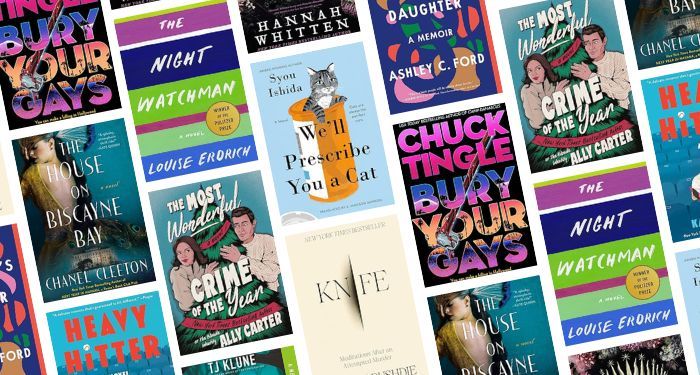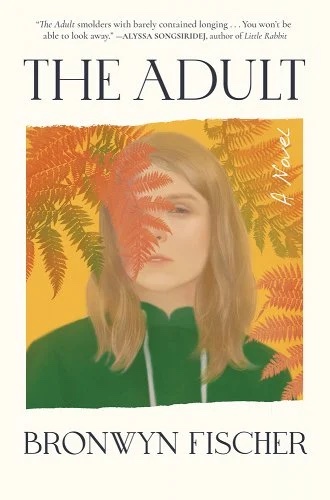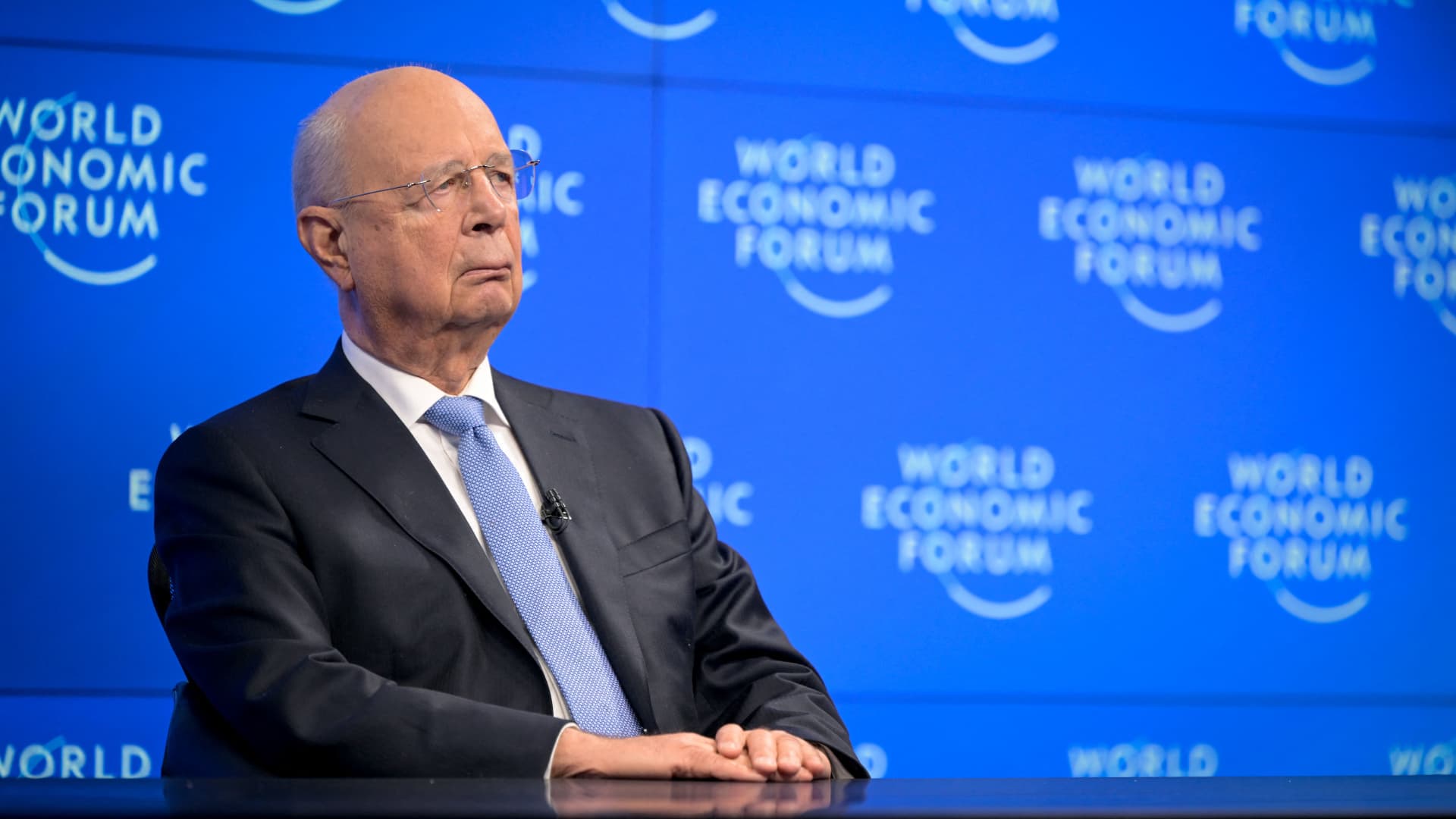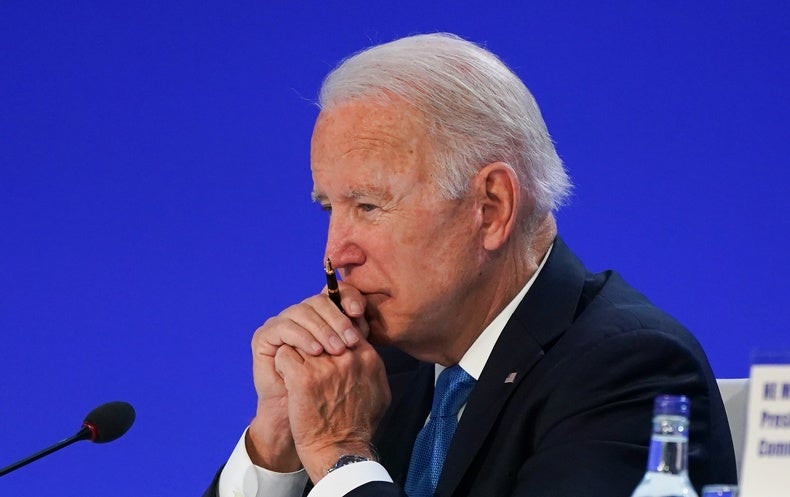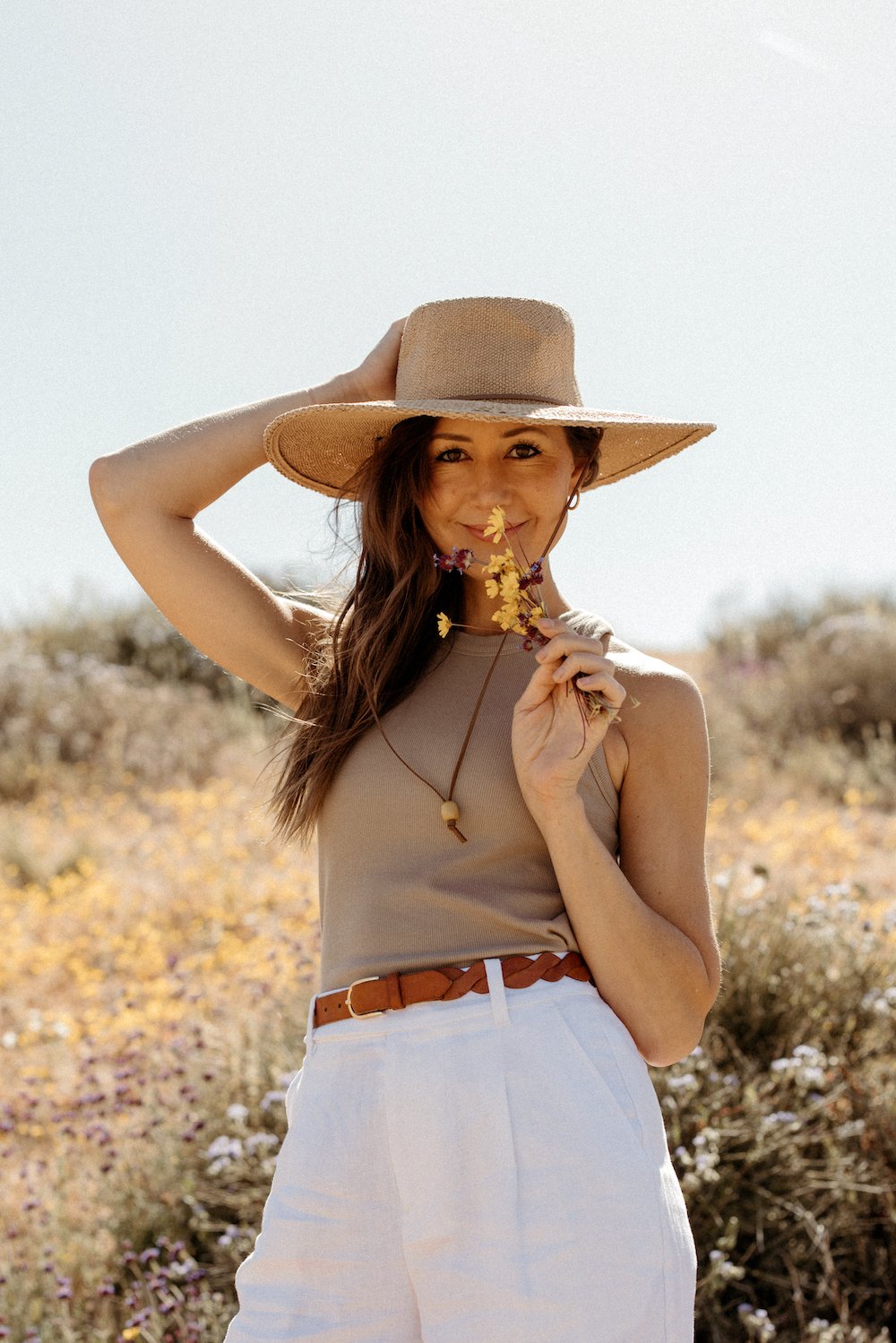Canadian author Bronwyn Fischer’s debut novel, The Adult, is a queer coming-of-age narrative that tells the story of first-year college student Natalie’s romantic involvement with Nora, a woman in her late 30s whom she meets on a park bench in Toronto. With poetic prose and a twisty plot, The Adult is a portrait of teenage angst and yearning, as well as an exploration of all the choices one makes and the selves one meets while becoming, and being, an adult.
I spoke with Fischer about evolving into a writer, the difference between wanting and yearning, and the complicated legacy of manipulative queer women in media.
Ariél M. Martinez: The Adult is a coming-of-age novel, and it’s also a story about realizing you’re a writer. Can you talk about the interplay of these different aspects of coming into ourselves?
Bronwyn Fischer: For a lot of people at that age, what propels the angst of becoming an adult is deciding what you want to do, so I think the two are linked. Natalie doesn’t know the whole time what she wants to do and doesn’t grab hold of a sense of purpose. We can see just from reading that she is coming into herself and coming into being a writer in some aspects. That’s often how it happens—as though it’s a little bit hidden from you and then you realize that’s where you’re at.
AM: Is that something you relate to?
BF: I guess so. I always wrote stuff as a kid and then going to university I forgot that was something I liked to do. I wasn’t sure if I wanted to stay in school. I thought I might want to be a cook. I saw a novel writing course and thought, Oh my god, I like writing, I used to like writing. Writing was a hard thing to imagine a future in. It didn’t occur to me as a real prospect, so it had to sneak up on me.
AM: That’s funny that you wanted to be a cook as there’s a lot of cooking in the book. It seems that some of what Natalie is in awe of is Nora’s home life. What do you think the relationship between adulthood and domesticity is?
BF: I think it’s a big deal. As a young person, imagining your future means imagining tangible things that you can influence and change, like a home. I think that someone who is wondering how to make all of these choices to see someone making choices well or distinctly or artfully is really grabbing. That’s a big thing that happens between Nora and Natalie. Natalie is in awe of a person who has, at least in appearance, made a life that is very pleasing.
AM: What aspects of femininity did you want to explore in both Nora and Natalie?
BF: There’s different passages where Natalie thinks about being ambitious or being good. In those, Natalie often thinks of herself as a young man, or there’s a moment where she thinks of herself as a prized horse that her father is looking at. When she’s looking online for instructions on how to act in a way that is appealing to Nora, a lot of the advice is geared towards young men. I don’t think she’s struggling with it, but it’s less about femininity and more about the way that she’s trying to or thinks she should relate. It’s when the kind of advice you get isn’t geared towards your experience so you’re trying to cobble identities together but nothing fits quite perfectly. I think it’s complicated for her, I’m seeing.
AM: What about for Nora?
BF: Nora is always in relation to Natalie. Nora represents a certain kind of femininity or a certain ideal of an adult. Nora certainly has a magnetism and command—and a sexual one as well. I don’t know if Natalie ever feels that she can exert that in her own life but she certainly is drawn to that and feels it’s a powerful force.
AM: What do you think the driving force of the novel is?
BF: A desperate yearning. It’s directed a lot of the time towards Nora, but it’s also just a general desperation and yearning towards how to be a person.
AM: What’s the difference between yearning and wanting?
BF: Wanting sounds more brief and situation specific. If someone was like, I want cake, I wouldn’t take it that seriously, but if someone was like I’m yearning for cake, I’d be like, Whoa you need this immediately. It also feels more longstanding. I’m not sure one piece of cake would satiate their yearning. It might have to be every day.
AM: There’s a history of manipulative queer women in the media. How do you feel like Nora is in dialogue with that legacy?
BF: When I was writing, I didn’t think about that as much. Nora’s character is complicated and there definitely are concerning power dynamics and shifts that happen in their relationship. I was very grounded in the experience of Natalie’s character. Everything that happened in the book was driven by Natalie’s perspective, so when I was writing I was shielded from those questions and concerns by just being so deeply in Natalie’s point of view. Through the book, Natalie doesn’t pack a lot of judgment on Nora. Even at the end when she feels very wronged by Nora’s secrecy or the whole situation, she doesn’t pass a moral judgment, because she’s so focused on her experiences of love and wanting to be loved. It wasn’t a huge concern for Natalie, because I was keeping such a close perspective link to her. So it wasn’t a huge concern for me either.
AM: Do you feel like that’s changed now that you’ve finished the book and have some distance?
BF: It’s a question that’s come up a bit and I realize it’s something I hadn’t analyzed a lot while writing. It feels like a difficult one. I don’t know exactly how to respond to it because maybe I’m contributing to something that I shouldn’t be contributing to. At the same time, people are going to draw different things from a story, and I hope that there’s a lot more there than that. It feels like it would be an oversimplification to be like, Nora is this queer manipulator. I feel like that would be a shame if that’s how someone came away from it, but I can’t control it. It was my intention for it to be complicated, so I hope that’s how it seems.
AM: What do you think it is about age gaps that are appealing to read or write about?
BF: I think we’re just all different ages. With young people there’s angst and longing and uncertainty of how you’re supposed to live. It feels like people that are older than you should know and want to teach you and want to help you. And I don’t know if that’s true or fair. There’s power dynamics at play in every relationship and those dynamics are interesting. Age gaps are something that have that inherent tension inherent.














































